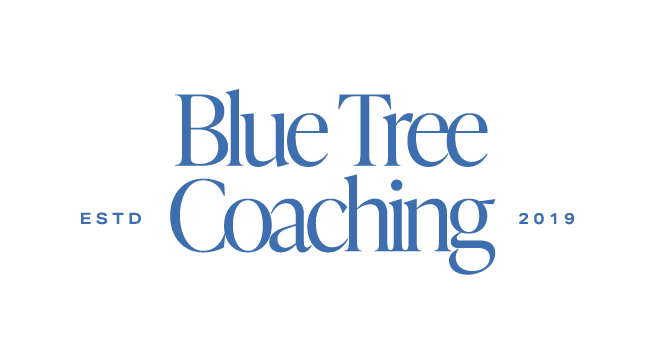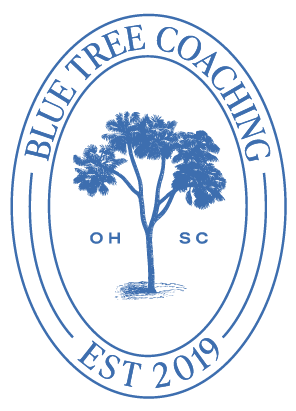CATEGORIES
When you have a big decision to make, either in business or life, how often do you seek answers outside yourself? If you’re like most of us, the answer may be quite often. Maybe you ask your friends for advice about what to do, or you turn to external sources for validation or approval of your choices. It can absolutely be beneficial to seek an outside perspective, especially when the sources from whom we seek input have more expertise or experience than we do in a particular area. However, constantly seeking answers outside of yourself can also indicate that you don’t trust yourself enough.
You might find yourself looking for answers outside of yourself, even beyond big decisions. Answers to basic daily habits, like what to eat, what to wear, when to workout, how much to sleep, what to watch and, read and consume online. This tendency is not necessarily wrong, but it can be quite disempowering. It’s as if we think the answers are somehow out there, and if only someone told us the right thing to do, we would be happier, healthier, and more whole. While some amount of outsourcing the answers we seek is normal and probably even helpful – as there are indeed experts in just about all facets of life – these tendencies can also be part of a slippery slope that has too many of us relinquishing our personal power and autonomy.
What Does It Mean To Trust Yourself?
At some point along the spectrum, it becomes about a lack of self-trust.
Why is it that so many of us don’t trust ourselves? Much of the answer lies in our socialization. This is particularly – though not exclusively – true for women and members of marginalized groups. We have been told explicitly and implicitly that others have the answers and know better. In addition, there can be a human tendency to fall into the trap of “compare and despair,” where we look at others who seem to have it all and believe that if we only follow their advice or engage in mimicry, we’ll have it all too.
It is equally true that outsourcing our power is built into corporate America’s marketing machine. As just one example, the wellness industry is a multi-billion dollar industry. It relies on selling us the idea that physical and mental wellness is something we must seek outside of ourselves, namely with our hard-earned dollars.
If you notice that you fall into the camp of seeking answers outside of yourself due to an inherent lack of self-trust, know that it is not your fault, nor does it mean something is wrong with you. But, at the same time, creating awareness around this tendency offers us all an opportunity to look within ourselves, in-source answers and decisions, and grow our self-trust.
How Do I Trust Myself?
How can we turn the tide of our minds in favor of relying on ourselves and our instincts and intuitions? First, we ask ourselves what we think about whatever issue. Second, not letting “I don’t know ” be a permissible answer. And third, we have the answers within ourselves. If we believe this to be true, we’re more likely to tap into our inner wisdom, inner authority, and a deeper sense of trust.

